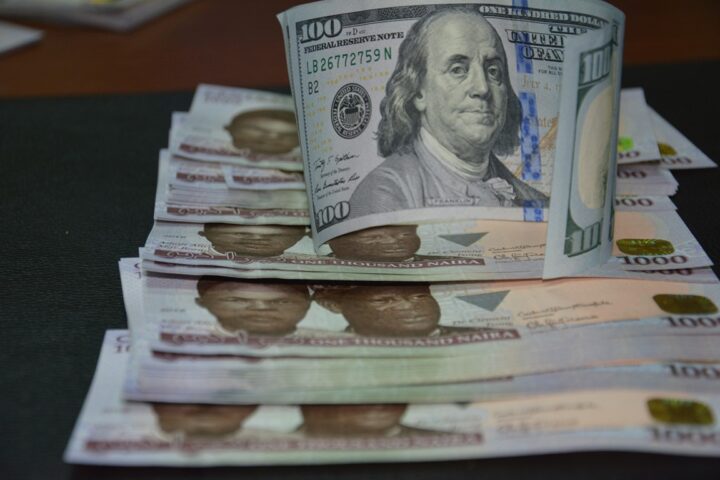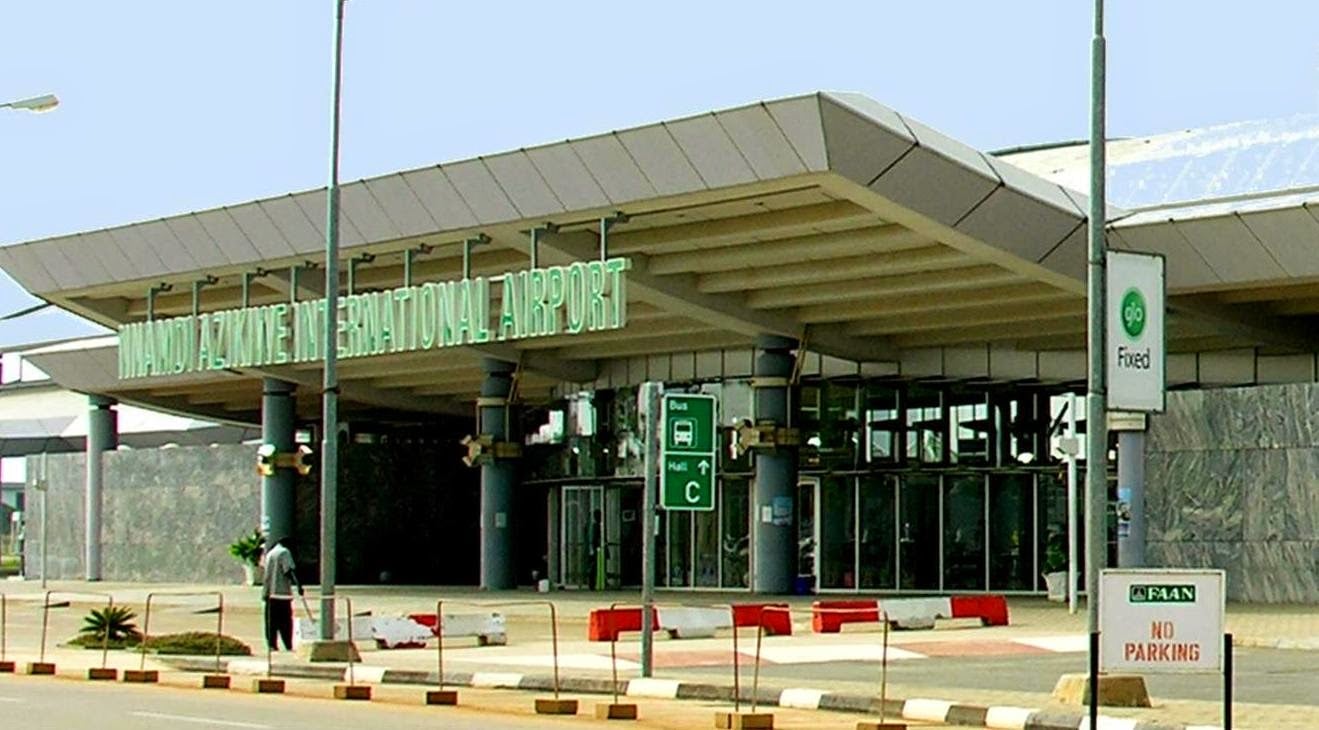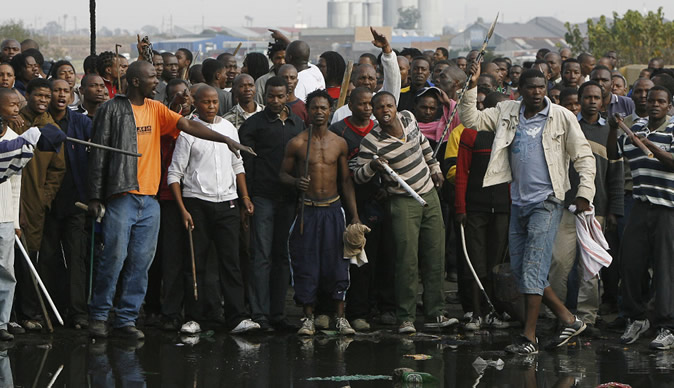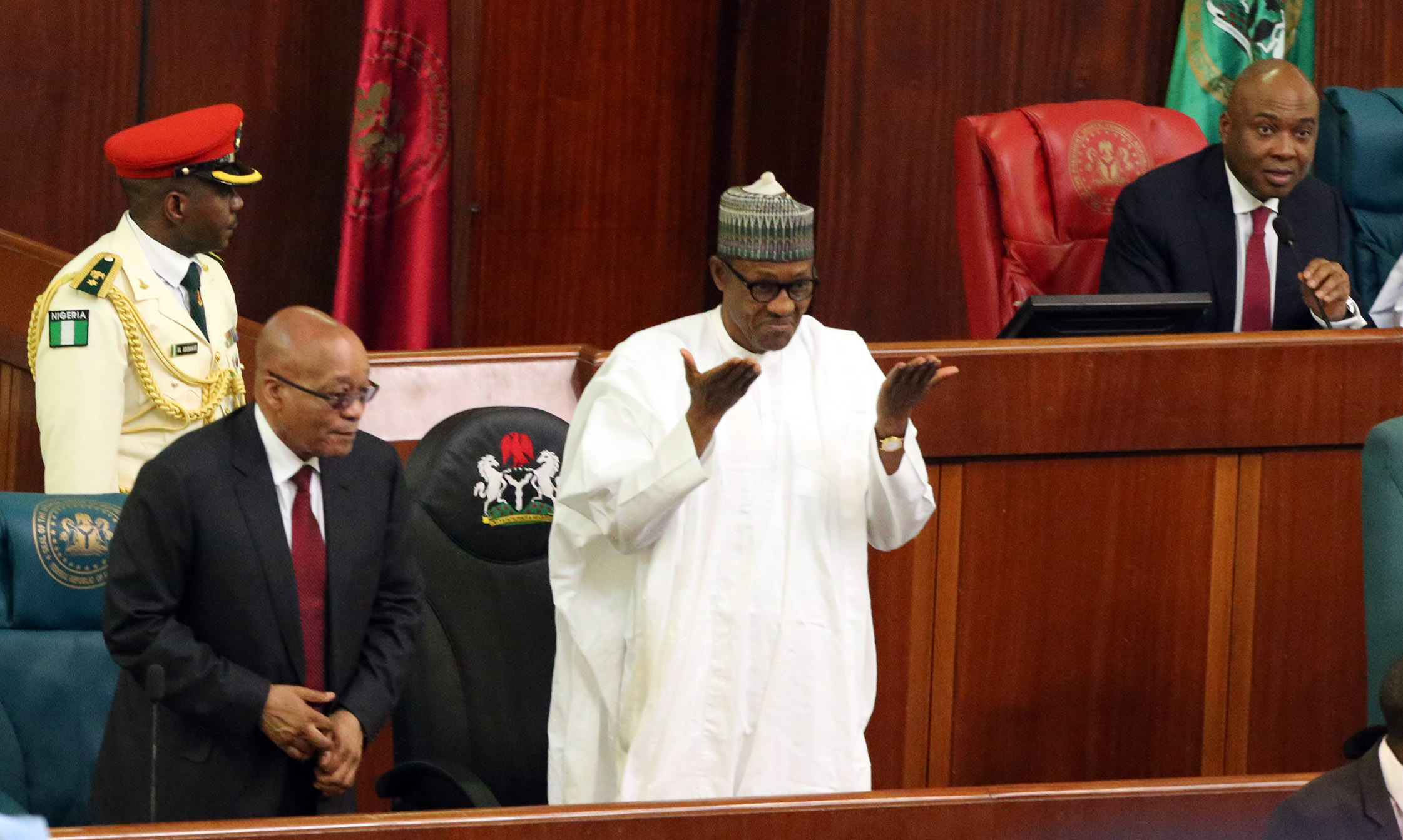International investors want Nigeria’s forex market to operate freely. If this happens, they argue, equilibrium would be reached and the true value of the naira would be obvious for everyone to see. But having a free market shouldn’t prevent the government from intervening to protect the naira, especially when there is a drastic shortfall in the supply of dollars.
And the Central Bank of Nigeria (CBN) just did that. With the CBN’s injection of over $500 million, the naira appreciated from about N520/$ to N450/$ in the black market, last Friday. If this is sustained, prices of most goods and services would come down. Everyone would be happy and old habits might come back. This is a no brainer.
But the elephant in the room is this: would these interventions be sustainable. Or rather, would the divergence between the black market and parallel market collapse in the coming months. (If this happens, the black market and parallel market rates could converge and be within the N400 band).
The answer to this question can be gotten from the fundamentals of Nigeria’s current forex policies, which have been influenced by the forces of demand and supply.
Advertisement
Naturally, commercial banks have four main sources of forex inflow: the inflow that comes from the CBN; sales from oil companies, who earn dollars, when they want to meet local needs; inflow from foreign businesses; remittances from Nigerians in the diaspora via International Money Transfer Operators (IMTO).
In order to preserve the country’s currency during the period oil sold at less than $30 and the Niger Delta was volatile, the CBN set different guidelines for these sources of inflows.
The CBN did not only announce that it would participate periodically in its intervention in the interbank market after introducing the flexible exchange regime, it also directed oil companies to stop selling the greenback to commercial banks and to sell directly to oil marketers and importers.
Advertisement
This left commercial banks with only two infrequent sources of forex: remittances from abroad and the abysmal inflows from foreign portfolio investors. The CBN also instructed commercial banks on how to distribute the forex obtained from these sources. It asked commercial banks to allocate 60% of forex sales to importers of raw materials and machineries and the other 40% to anything else that isn’t banned.
And this was how the scarcity got worse. Black marketers profited from this scarcity. All other items like school fees, medical bills and other services and goods fell into this 40% band. Thus, those who genuinely needed dollars had to resort to black market operators, when banks couldn’t meet their demands.
With these measures, especially the limited intervention in the interbank market, and with the recent rise in oil prices, the CBN was able to build its reserve to about $30 billion from $25 billion, within a year.
But things seem to be changing. Due to pressure from Nigerians and politicians, which were expected, the CBN has been forced to intervene, massively, on the forex market this February. It actually had its biggest intervention, since last June, in December with $1 billion, but this did not have the kind of effect now experienced in the black market.
Advertisement
But the recent injection of over $500 million is just a fraction of the over $4 billion demand on forward contracts as at last week. And this demand is still building. So, if the CBN decides to continue meeting the forex demands with frequent interventions, it would be at the expense of reserve growth. Besides, with a paltry $30 billion reserve, there is a limit to its interventions.
In essence, it is too early to cheer that speculators, who betted on the continued depreciation of the naira in the black market, have had their hands burnt. For now, there is a tendency for the short term gain in the naira to reverse itself.
The solution still remains the institutionalization of fundamental structural reforms that would result in an industrial revolution in Nigeria.
Advertisement







